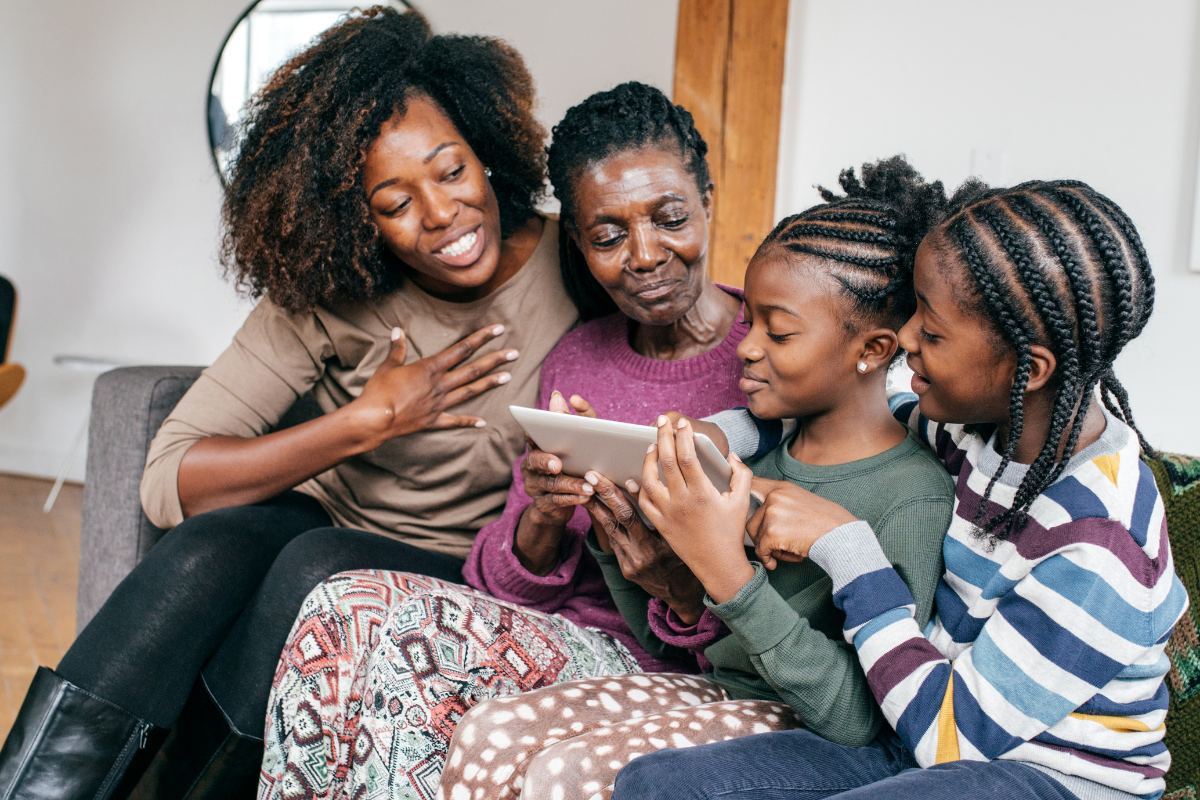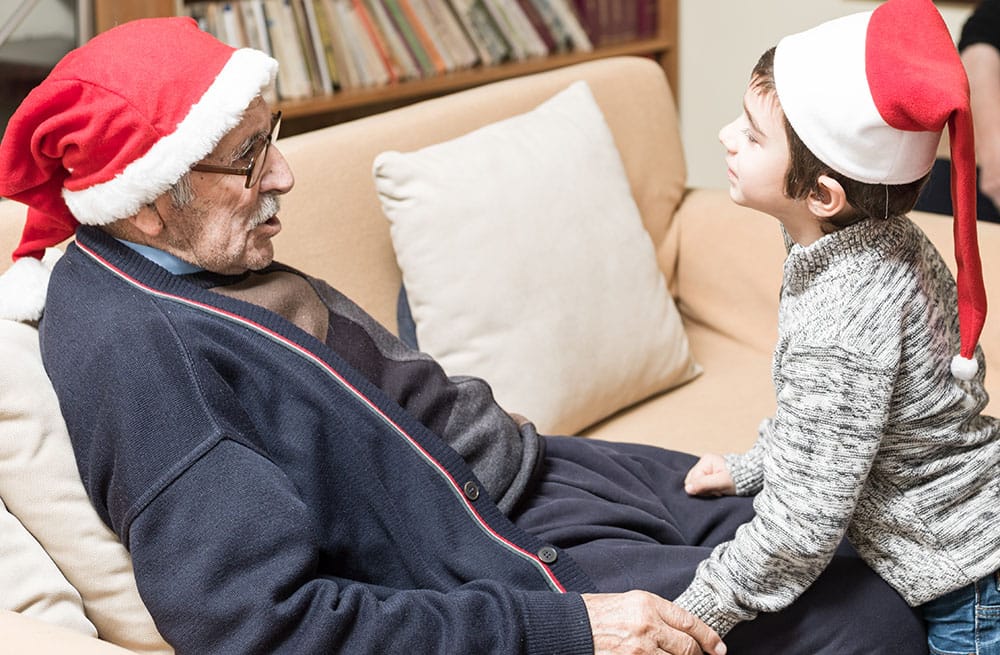Learning to Live After Loss

The loss of a loved one is one of the most difficult experiences we can face. Whether expected or unexpected, young or old, there is a disorientation that comes with living in a world without this person who meant so much to you.
We will all react differently to that loss. In fact, we all react differently to the loss of different people in our lives. That’s normal. Every person and every loss is unique, and we can’t expect to deal with each loss the same way.
Certain losses will hit harder, and it will seem unimaginable that life can continue on without this person by your side. Coming to terms with your loss does not mean getting over the loss of your loved one. Instead, you learn how to carry your grief with you as you carry on with life.

Take time to grieve.
When you’ve suffered a big loss, it is important to be gentle with yourself and take time to grieve. There is no set timetable for grief, and contrary to popular belief, we don’t go through set stages. Each of us grieves each loss in our own time.
In the early stages, grief may feel acute or you may be so overwhelmed with making arrangements that you feel numb. You may feel like you are coping well one day and engulfed in grief the next.
It can be helpful to reach out for grief support from a counselor or support group to help you navigate your feelings.

Take care of yourself.
When mourning the loss of a loved one, it’s important to continue to take care of yourself by eating a healthy diet, exercising regularly, and getting enough sleep. Resist the desire to numb your pain with alcohol or drugs.
An important part of caring for yourself is finding a way to honor the person you lost. Lighting a candle in their honor or creating a memory box can be a beautiful way to celebrate their memory. You may even want to create annual tributes in their honor. These rituals give you a way to keep their memory alive and celebrate their life.

Learning to live again.
When you lose a loved one, you may experience a range of emotions including sadness, pain, and guilt. You’re right in thinking that life will never be the same. However, you can find ways to move forward with life after loss and even to be happy again in new ways.
You do this in small steps. Recognize that certain days may be harder than others. Birthdays, anniversaries, and important holidays can cause a resurgence of grief. Allow yourself to adjust as needed by opting out of the holiday or changing your traditions if that feels right.
Crossroads Hospice & Palliative Care provides complimentary Grief Recovery Groups all in the communities we serve. To learn more about our grief support programs, please call 1-888-564-3405.
If you found this information helpful, please share it with your network and community.
Copyright © 2022 Crossroads Hospice. All rights reserved.



